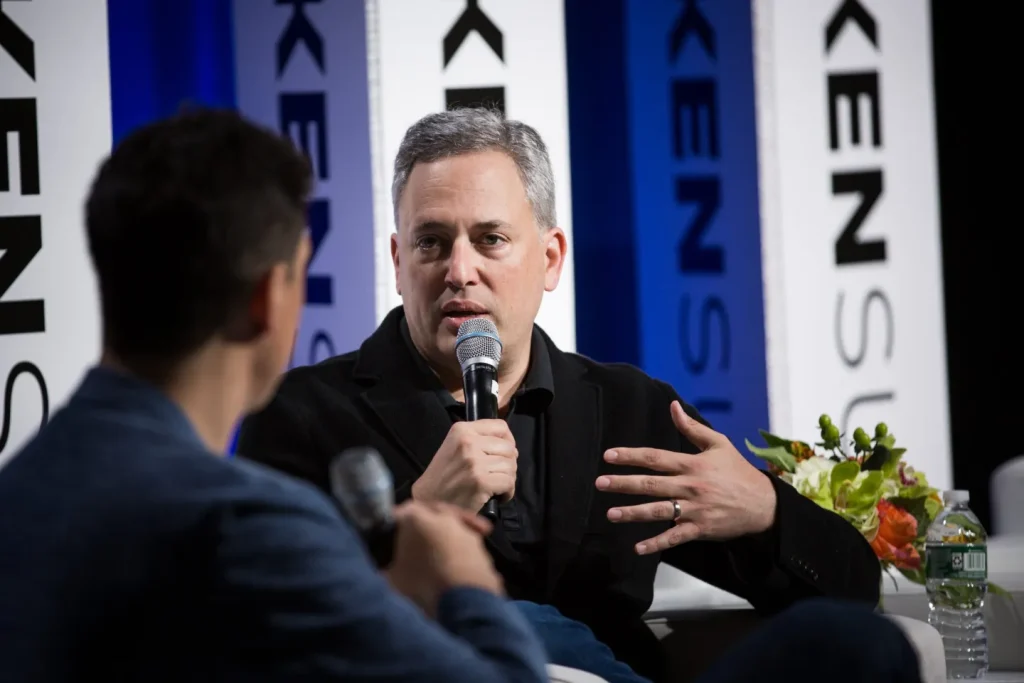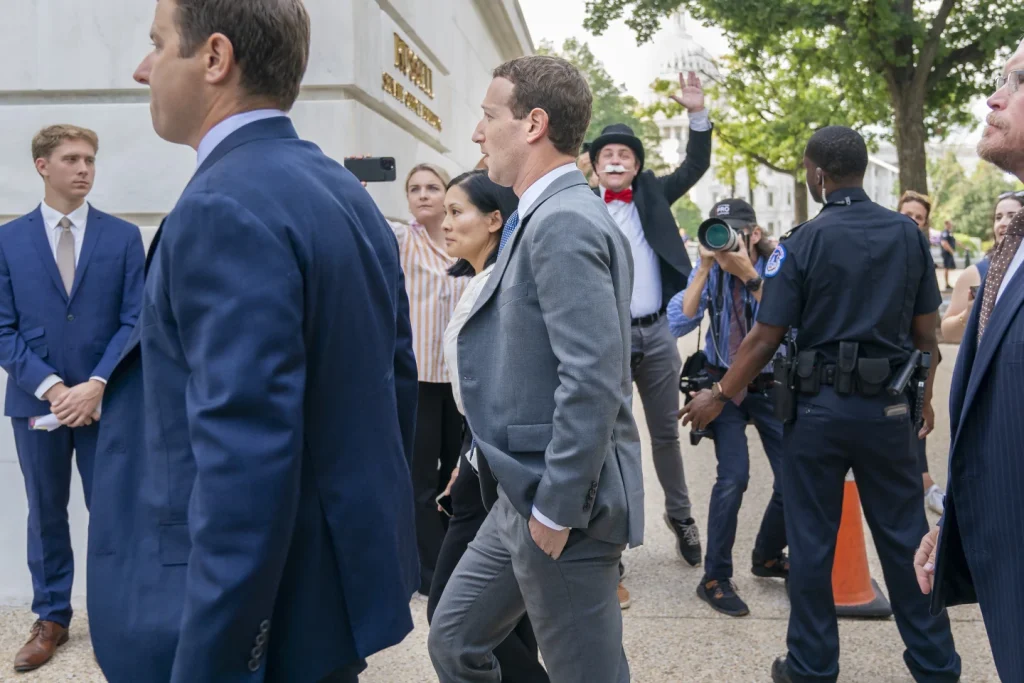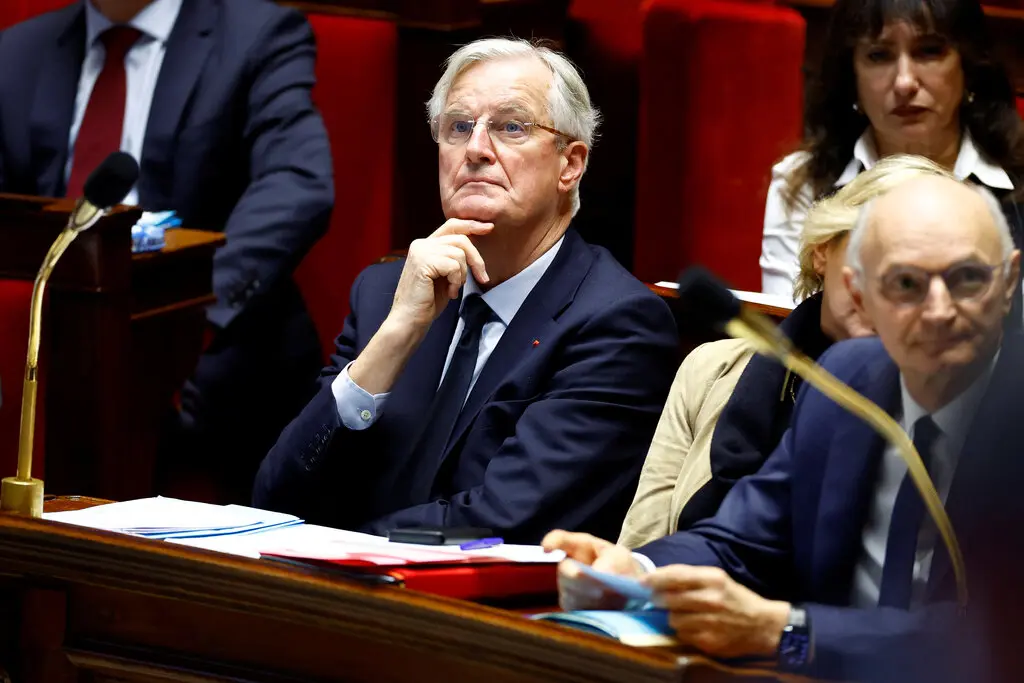Judge rejects Tesla’s attempt to revive Elon Musk’s $56 billion pay package
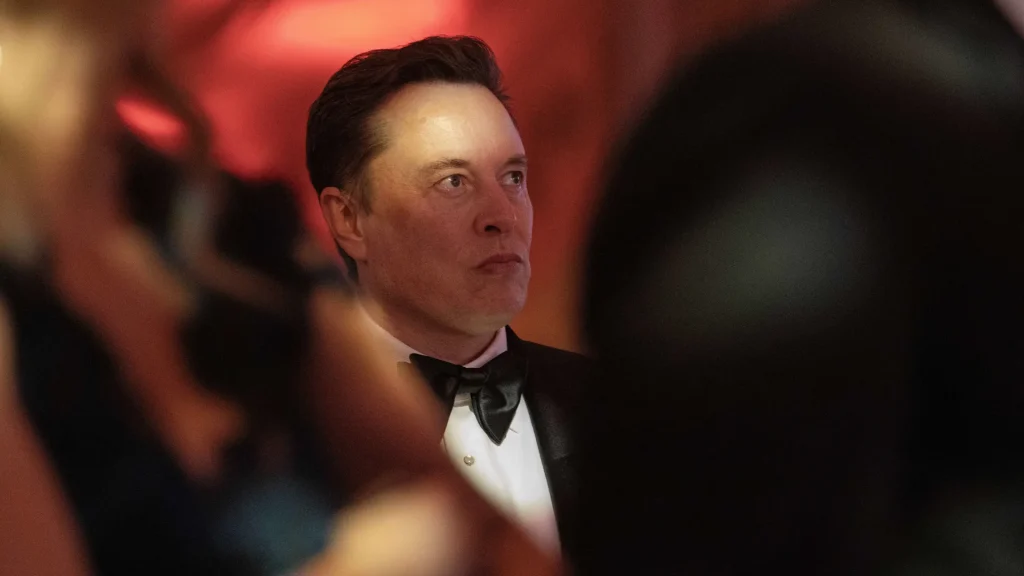
In a significant legal setback for Tesla and its CEO, Elon Musk, a judge has rejected the company’s attempt to revive Musk’s highly lucrative $56 billion pay package. The ruling marks a pivotal moment in the ongoing legal battle over Musk’s pay, which has drawn considerable attention due to its massive scale and the role it played in shaping Tesla’s corporate governance and financial performance. The decision could have far-reaching implications for corporate executive compensation practices, shareholder rights, and the future of Tesla’s leadership structure.
Background of the Pay Package
Elon Musk’s $56 billion pay package was initially awarded to him in 2018, following a vote by Tesla’s board and shareholders. The package was structured as a performance-based incentive, contingent on Musk achieving ambitious targets tied to Tesla’s market value, operational goals, and other long-term objectives. The pay structure was designed to align Musk’s interests with those of Tesla’s shareholders, rewarding him handsomely for achieving milestones that would significantly increase the company’s value and profitability.
The package was highly unconventional in its structure. Instead of a traditional salary, Musk’s compensation was tied to a series of performance targets, which included increasing Tesla’s market capitalization and meeting certain production and revenue goals. As the company met or exceeded these targets, Musk was granted stock options that could lead to a payout worth billions of dollars.
At the time of its approval, the pay package was one of the largest in corporate history, with the potential to make Musk one of the highest-paid executives in the world. However, the deal quickly became controversial, sparking debates over executive pay and the fairness of such vast sums of money being tied to a single individual’s success.
The Legal Challenge
The pay package, despite its ambitious structure, has faced significant legal challenges. In 2020, a group of Tesla shareholders filed a lawsuit, arguing that the board of directors had breached its fiduciary duties in awarding Musk the massive compensation package. The plaintiffs contended that the package was not in the best interests of shareholders, as it granted Musk excessive rewards for achieving goals that many viewed as unrealistic or not fully aligned with Tesla’s long-term performance.
In particular, the shareholders argued that the terms of the pay package gave Musk an undue advantage, with no significant risk for him while allowing him to benefit from the company’s rise in stock prices, which were often influenced by market conditions beyond his control. Furthermore, critics argued that the performance milestones were too vague and flexible, allowing Musk to meet the targets more easily than would have been the case with a more traditional executive compensation plan.
The lawsuit also raised questions about the influence of Musk over Tesla’s board, with allegations that the company’s directors were too closely aligned with the CEO to make objective decisions. These concerns became more pronounced as Musk’s public persona and influence over the company grew, particularly during periods of rapid growth for Tesla.
In response to the lawsuit, Tesla defended the pay package, claiming that it was justified based on Musk’s immense contributions to the company’s success. The company argued that Musk’s leadership had been instrumental in turning Tesla into a leader in the electric vehicle market and driving its market capitalization to new heights. Tesla’s lawyers also emphasized that the compensation plan was approved by a majority of shareholders, making it legally sound and legitimate.
The Judge’s Ruling
After years of legal proceedings, the case culminated in a ruling by a Delaware judge who decided to reject Tesla’s bid to reinstate the $56 billion pay package for Musk. The court found that the package, despite its performance-based structure, was flawed in several key areas. Specifically, the judge highlighted concerns about the transparency of the goals tied to Musk’s compensation, as well as the role that Musk’s influence may have played in the approval process.
In the court’s opinion, the pay package did not fully comply with the fiduciary responsibilities of the Tesla board, particularly in ensuring that the terms of the package were in the best interest of all shareholders. The judge expressed concerns that the performance milestones set for Musk were overly generous and not sufficiently tied to the long-term success of the company.
The ruling is a significant blow to Tesla, which had hoped to preserve the terms of Musk’s pay package. Tesla has yet to announce whether it will appeal the decision, but the rejection signals that the company may need to revisit its compensation structure for Musk and possibly other executives.
Implications for Tesla and Corporate Governance
The judge’s decision could have broader implications for corporate governance, particularly in the area of executive compensation. The ruling serves as a reminder that even highly successful companies like Tesla must ensure that their executive pay packages are structured in a way that is transparent, fair, and aligned with the interests of all shareholders.
The rejection of Musk’s pay package may lead to changes in how companies approach performance-based compensation for top executives. Many companies could face increased scrutiny over the pay packages they offer to their CEOs, especially if the terms are seen as excessively favorable to the individual. This could lead to greater shareholder involvement in compensation decisions, with an emphasis on ensuring that executive pay is tied more closely to long-term value creation and overall company performance.
Additionally, the case raises questions about the power dynamics within corporate boards. In Tesla’s case, Musk’s influence over the board of directors was a central issue, with critics arguing that his control over the company made it difficult for the board to make independent decisions. The ruling may encourage greater oversight of board practices and ensure that boards act more independently in approving compensation plans.
The ruling may also prompt other companies to review the compensation structures of their top executives, particularly in industries where rapid growth or market fluctuations can lead to massive increases in stock prices. There could be more calls for greater accountability and transparency in executive pay, as well as for stronger checks and balances to ensure that compensation packages are fair and aligned with the long-term goals of the business.
Reactions to the Ruling
Reactions to the ruling have been mixed. Supporters of the decision argue that it is a victory for fairness and accountability in corporate governance. They contend that no executive, no matter how successful, should receive compensation that is not fully aligned with the interests of shareholders and the broader public. This group believes that the ruling sends a strong message that excessive pay packages must be justified and should not be based solely on a company’s short-term stock price.
On the other hand, Musk’s supporters argue that the pay package was well-deserved, given Tesla’s tremendous growth and Musk’s central role in driving that success. They contend that Musk’s leadership has been crucial to Tesla’s success in revolutionizing the electric vehicle industry and that the pay package was designed to reward Musk for achieving aggressive performance goals that benefited shareholders.
For Tesla, the ruling is a significant setback, but it also provides an opportunity to reassess its executive compensation practices. The company will likely face increased scrutiny in the future as it seeks to ensure that its compensation policies align with legal and shareholder expectations.
As Tesla navigates the aftermath of this ruling, it will likely face challenges in restructuring its compensation packages for Musk and its other executives. The company will need to ensure that any future pay plans are more transparent, fair, and in line with best practices in corporate governance. While this legal setback may temporarily disrupt the company’s plans, it could ultimately lead to more robust and sustainable executive compensation strategies.
For Musk, the ruling may prompt a reevaluation of how he interacts with Tesla’s board and how compensation decisions are made in the future. The case serves as a reminder that even the most successful CEOs must be held accountable for their pay packages and that such packages must reflect the interests of all shareholders and stakeholders.
The outcome of this case may also influence broader discussions about the relationship between executive compensation, company performance, and shareholder value. As companies continue to grapple with issues of executive pay, the Tesla case will likely serve as a key reference point in the ongoing debate over how much is too much for top executives.


